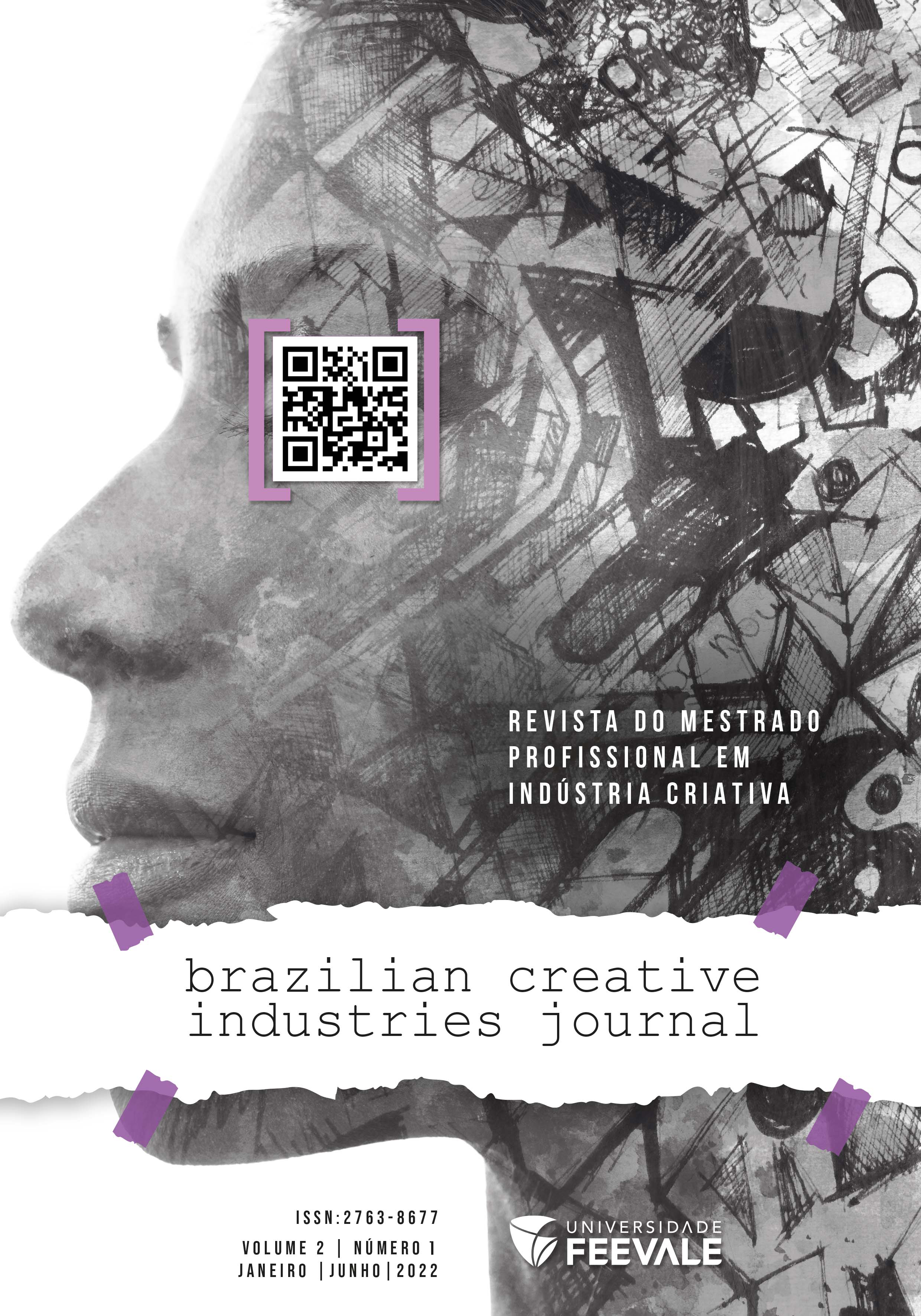CANCEL CULTURE: THE SCARLET LETTER IN GABRIELA PUGLIESI'S CASE
DOI:
https://doi.org/10.25112/bcij.v2i1.2878Keywords:
Digital Influencers, Cancel Culture, Public HumiliationAbstract
The following paper presents definitions of the cancel culture phenomenon on the internet, bringing concepts based on shame, public humiliation, and reputation according to Solove (2007) and Ng (2020). Focused on digital influencers, draws parallels between public humiliation practices adopted in the Middle Ages - such as a scarlet letter embroidered on clothes – and current ways to promote virtual lynching in social media websites. Through the study of mediatic coverage of Gabriela Pugliesi’s canceling, presents an initial framework for the process of canceling digital influencers, taking into consideration the practices of these content creators as it relates to the relationship with the brands and the transformation of private space into public space.
References
GABRIELA Pugliesi pode ter tido prejuízo de R$ 3 milhões ao dar festa em quarentena. Folha de São Paulo. São Paulo, 2 de maio de 2020. Available at: https://f5.folha.uol.com.br/celebridades/2020/05/gabriela-pugliesi-pode-ter-tido-prejuizo-de-r-3-milhoes-ao-dar-festa-em-quarentena.shtml . Access on: September 28th, 2020.
GABRIELA Pugliesi tem contratos suspensos após fazer festa durante quarentena. G1, Rio de Janeiro, 27 de abril de 2020. Available at: https://g1.globo.com/pop-arte/noticia/2020/04/27/gabriela-pugliesi-tem-contratos-suspensos-apos-fazer-festa-durante-quarentena.ghtml. Access on: September 28th, 2020.
HOU, Yubo; JIANG, Tonglin; WANG, Qi. Socioeconomic status and online shaming: the mediating role of belief in a just world. Computers in Human Behavior, v. 76, p. 19-25. Elsevier, 2017.
KARHAWI, Issaaf. Influenciadores digitais: conceitos e práticas em discussão. Comunicare, São Paulo, v. 17, p. 38-42, 2017.
NG, Eve. No Grande Pronouncements Here...: Reflections on Cancel Culture and Digital Media Participation. Television & New Media, v. 21, n. 6, p. 621-627. Sage, 2020.
ORTIZ, Renato. As celebridades como emblema sociológico. Sociologia & Antropologia, v. 6, n. 3, p. 669– 697, dez. 2016.
PERILO, Bruna. Gabriela Pugliesi, quem é? Biografia, carreira, vida pessoal e polêmicas. Área de Mulher R7. Available at: https://areademulher.r7.com/celebridades/gabriela-pugliesi/. Access on: September 28th, 2020.
SALLES, Stéfano. Gabriela Pugliesi é denunciada ao MP por exercício ilegal da profissão. O Globo, Rio de Janeiro, 20 de abril de 2017. Available at: https://oglobo.globo.com/rio/gabriela-pugliesi-denunciada-ao-mp-por-exercicio-ilegal-da-profissao-20954308. Access on: September 28th, 2020.
SHIRKY, CLAY. Here comes everybody: the power of organizing without organizations. Penguin Books, 2008.
SOLOVE, Daniel J. The future of reputation: gossip, rumor and privacy on the internet. New Haven and London. Yale University Press, 2007.
VRIES, Amy de. The use of social media for shaming strangers: young people’s views. In: Proceedings of the 48th Hawaii International Conference on System Sciences, p. 2053 – 2062. IEEE, Kauai. 2015.
Downloads
Published
How to Cite
Issue
Section
License
Copyright (c) 2021 Nathalia Nunes

This work is licensed under a Creative Commons Attribution 4.0 International License.


